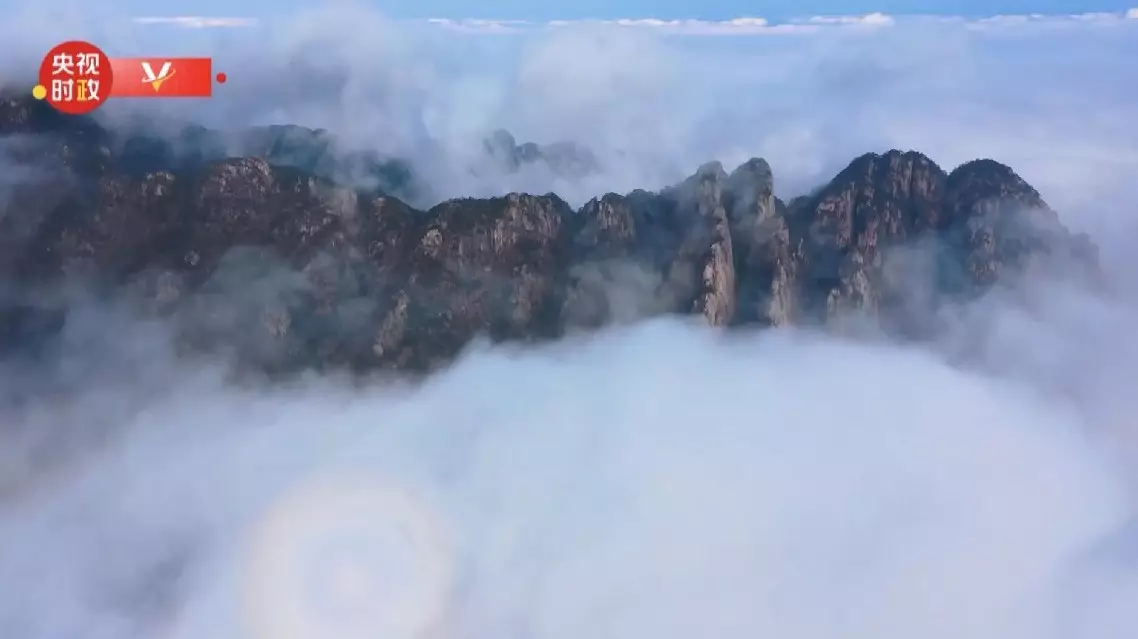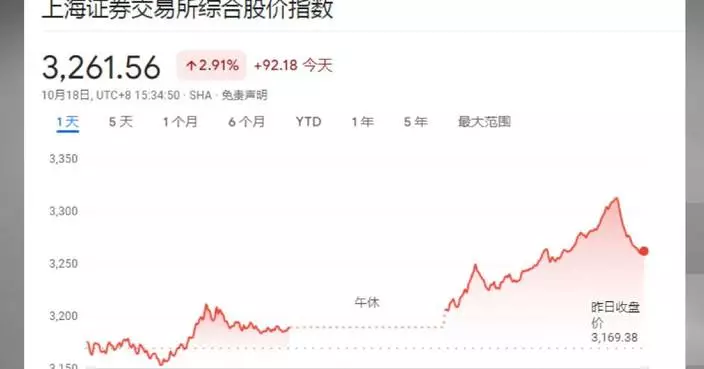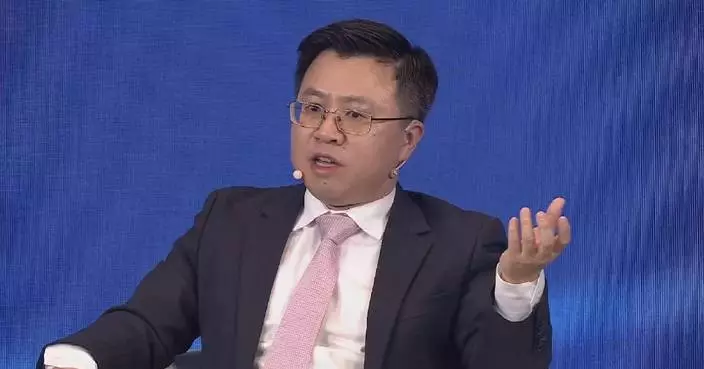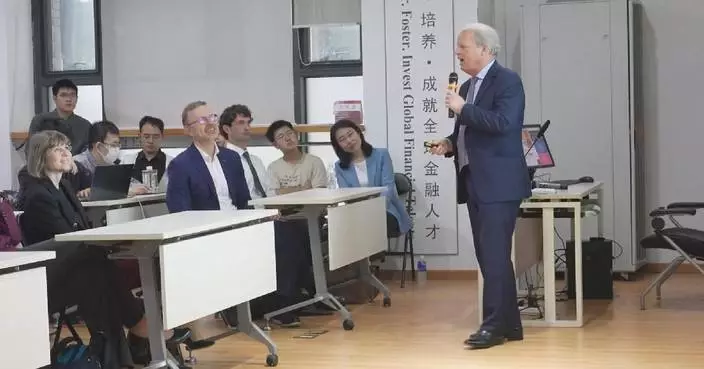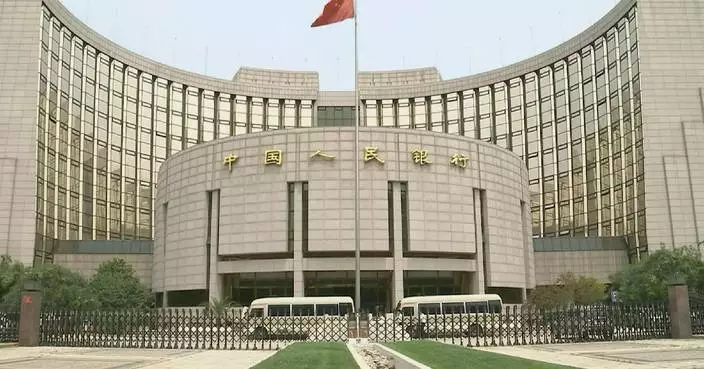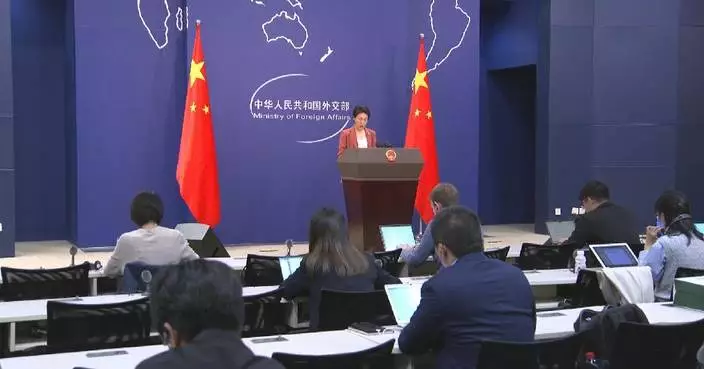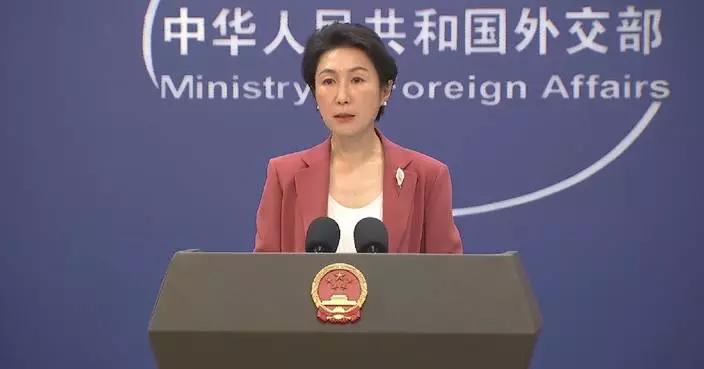A shared history of colonization and the desire to define their own futures shape common aspirations among diverse Global South nations, said Anna Rosario Malindog-Uy, vice president for external affairs of the Asian Century Philippines Strategic Studies Institute.
Speaking at the Global South Think Tanks Forum in Beijing on Wednesday, she stated that members of Global South maintain similarities that unify them despite their differences.
"If you look at Global South, it's very diverse. We have a lot of things to learn from each other. We have a lot of exchanges. In that sense, diversity is very important. What I think the Global South countries should celebrate is, among this diversity, even despite this diversity, which is very multi-racial countries, you can see that there is such a thing as a unifying force among the Global South countries. Firstly, we have a shared history of colonization. Now Global South countries are asserting themselves to have this decolonization, and have to redefine themselves as independent states or countries that can define their own future. I think this is very common among Global South countries, in which each of us is trying to push at this moment, and this is something that we have to celebrate," Anna Rosario Malindog-Uy explained.
"Another point of convergence, despite the diversity of the Global South, I think is the common challenges that you have asked about earlier. For example, one of those would be poverty alleviation-- development challenges in different countries in the Global South, and what you call the non-traditional challenges including climate change, and how you define yourself as a country amidst the two political issues that many of the Global South want to be within the Non-Aligned Movement. So these are things that bind the Global South countries despite the diversity," she continued.
The Global South is a family of emerging markets and developing countries. In recent years, this concept has frequently appeared in conferences and official documents dominated Western countries, becoming a buzzword in international politics.
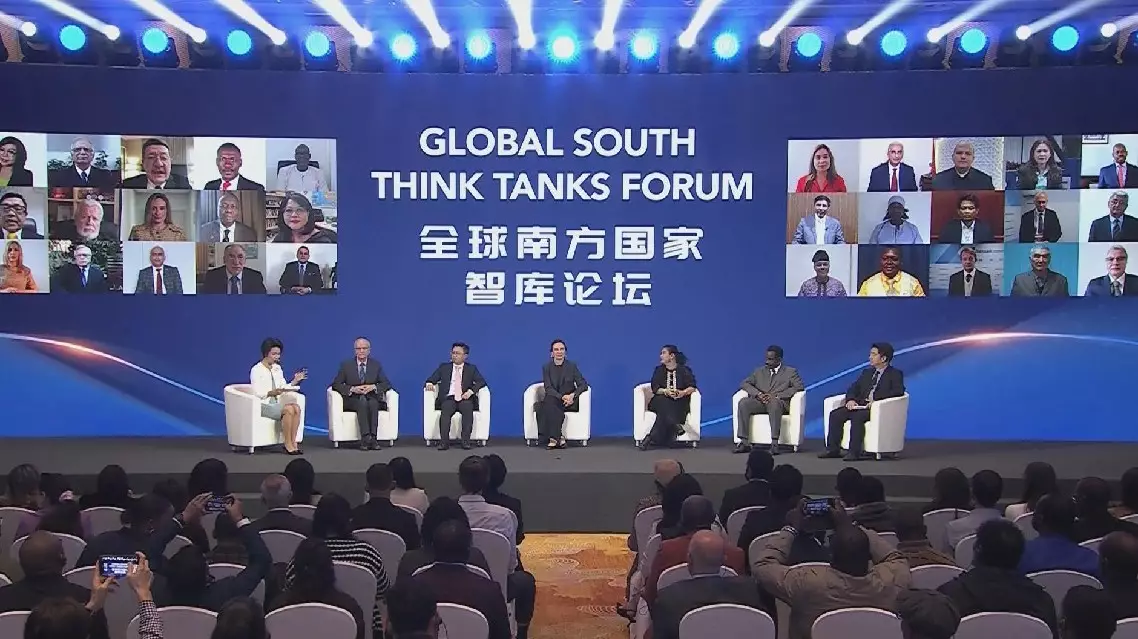
Global South shares common interests despite differences: Philippine expert


